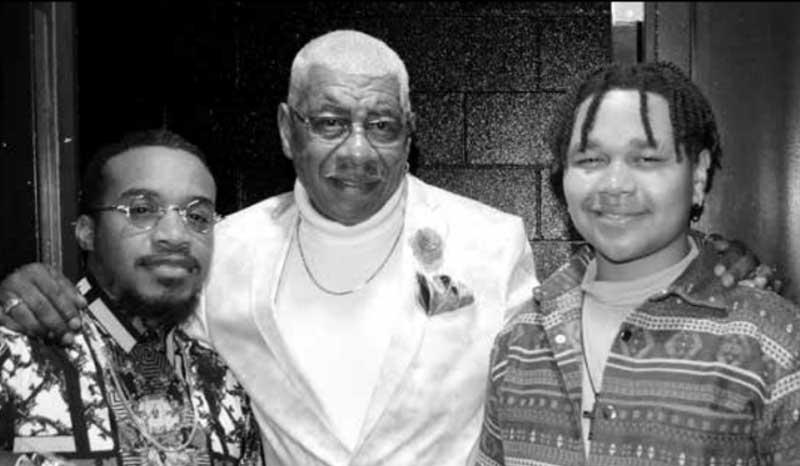
According to Leaders for a Better Louisiana, the state saw 1.1% job growth over the past year, with eight of its ten Metro Regions adding jobs, including New Orleans. But AFL-CIO President Tiger Hammond said that progress masks deeper struggles for local workers.
“What’s a shame of it all is that we have a lot of people who want collective bargaining, and they’re being denied their rights in the Greater New Orleans area,” Hammond said.
Nurses’ Contract Fight
Among those at the picnic were nurses from University Medical Center (UMC), still fighting for their first contract nearly two years after unionizing with National Nurses United.
“Over 620 days without a contract,” Nurse Ory Mire said. “The hospital just keeps delaying and thinking that we’re going to go away. Four strikes, we’re staying.”
Nurses say they want higher pay, safer staffing ratios, and better workplace protections.
“Our fight is about changing health care,” Nurse Terry Mogilles added. “Our fight is about the real spirit of Charity putting patients over profit.”
In a statement, UMC said it “remains committed to reaching a fair and balanced contract that recognizes the vital contributions of our nurses and care team members, while ensuring we continue delivering exceptional care to every patient who depends on us.”
Broader Labor Struggles
Beyond the hospital dispute, labor leaders emphasized that low wages remain a persistent challenge. Louisiana’s minimum wage is still $7.25 per hour, the federal minimum.
“It’s kind of hard to concentrate on one job when you have to work two,” said Chris LeFleur of LIUNA Local 99.
This year’s AFL-CIO Labor Day Theme, “Workers over Billionaires,” reflects frustration over the widening pay gap between employees and corporate executives.
“Instead of sharing the wealth with the workers who put the jobs in every day, they prefer to give it to the CEOs,” Hammond said.
Looking Ahead
Hammond also warned of looming disruptions as artificial intelligence and automation advance, potentially threatening many union jobs.
“Workers need a seat at the table,” he said. “If not, we’re going to see technology replace people instead of working alongside them.”
Recommended For You.



Be the first to comment